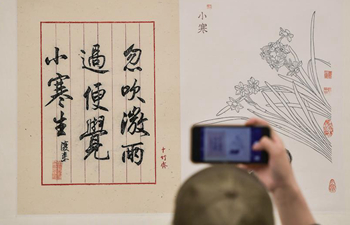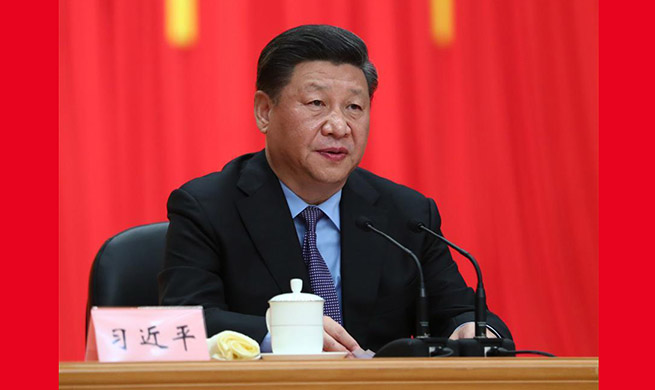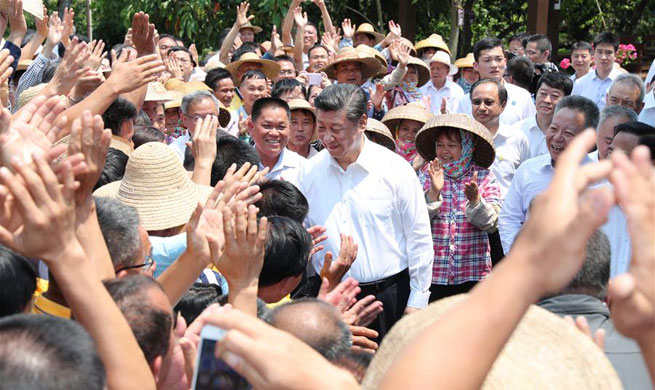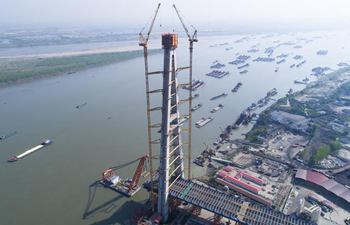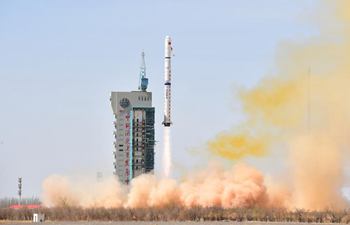by Victoria Arguello
BUENOS AIRES, April 13 (Xinhua) -- U.S. President Donald Trump's absence from the Eighth Summit of the Americas, held in Peru's Lima on April 13-14, reflects the loss of U.S. influence in the region, an Argentinean analyst said.
Political expert Hernan Brienza told Xinhua that the United States has lost its ability to offer attractive alliances to Latin American countries, leading to the decline of its influence.
This has been accelerated by the U.S. withdrawal from the Trans-Pacific Partnership and Washington's unprecedented protectionist policy.
The United States does still value the geopolitical importance of Latin America but does not seek to propose an attractive policy to the region, he said.
"I feel that the U.S. stance toward the region is that there are no economic benefits here, only political conspiracies. At the same time, it expects to be able to impose its political and military hegemony," he added.
Several Latin American experts have said that Trump's "America First" policy is similar to the "Monroe Doctrine," which was mentioned by former Secretary of State Rex Tillerson before a trip to the region in February.
The Monroe Doctrine, initiated in the mid-19th century, advocates intervention in Latin America, considered as the U.S. "backyard", rejecting any economic or political policies or values that differ from its own.
To this can be added Trump's recent calls and warnings to governments across the region to ensure they still see Washington as an ally, given China's growing presence in the region, the expert said.
"I feel becoming closer to China is crucial for the region, because they find a partner which is interdependent and complementary to their economies, as opposed to the competitive hegemony of the U.S.," he said.
China-Argentina relations have grown rapidly in recent years and both sides agreed to establish a comprehensive strategic partnership.
China is Argentina's second biggest trade partner after Brazil. In 2016, the bilateral trade reached 12.3 billion U.S. dollars. Brienza said Latin America can transcend its status as a seller of raw materials to offer added-value products.
According to him, the region is facing two major challenges: its cultural differences and geographical distance with China, and some conservative Latin American governments' "ideological and technological dependency" on the United States.
He said Latin America needs to establish new models for its political and trade ties, which would protect and promote the Latin American business sector.





